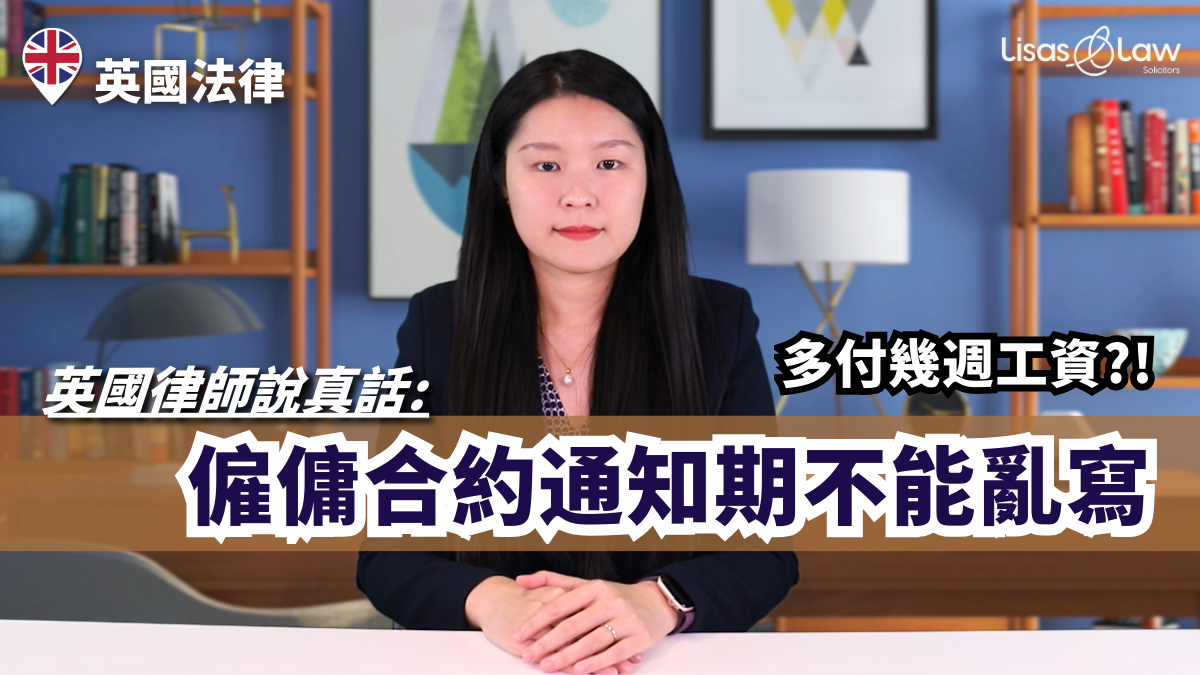莎粉们周四好!丽莎为大家整理了近期值得关注的英国移民快讯,本篇将涵盖的重点移民讯息有以下:
- 雇主注意:企业担保签证成本再上调
- “临时短缺清单”新进展:MAC开启第二阶段职业评估
- 新研究:英国移民制度让两性薪酬差距缩小
- “积分入籍”要来了?英国公民申请或将更难
→雇主注意:企业担保签证成本再上调
在上周的《丽莎移民快讯》中,丽莎和各位莎粉分享了英国内政部最新发布的《移民规则变更声明:HC 1333》,点击这里查看。
其中,丽莎就和大家提到英国未来还会继续提高有关商业移民方面的费用。
具体来说,根据《2025年移民技能附加费(修订)条例草案》(Immigration Skills Charge (Amendment) Regulations 2025),自2025年12月16日起,移民技能附加费(Immigration Skills Charge, ISC)将上调32%。这是自该费用在2017年设立以来的首次上调。
英国政府表示:此次调整主要是为了反映通货膨胀的累积影响,同时为英国本地技能培训提供资金支持。该费用必须由赞助技术工人(Skilled Worker)的雇主支付,不得转嫁给雇员。
值得注意的是,新条例还将更新部分职业分类代码(SOC 2020),增加一些免征ISC的职业类别,如2162(其他研究人员);2463(神职人员);3431(体育运动员);3432(体育教练和官员)等。这意味着部分岗位在担保时可能享有费用豁免。
与此同时,内政部也宣布上调签证担保相关的加急处理费用:自2025年10月21日起,担保许可(CoS)申请的优先服务费将从500英镑上调至750英镑;而“工作签证”或“临时工签证”担保方提交的加急管理请求费用则从200英镑增至350英镑。
整体来看,这一系列调整意味着雇主的签证合规成本将明显上升。政府能够在提高财政收入的同时,减少英国雇主对海外劳动力的需求。企业若有长期用工计划,丽莎建议尽早评估预算、提前申请担保或续签,以降低新费率生效后的财务压力。如您有任何问题,欢迎随时咨询丽莎移民部。
→“临时短缺清单”新进展:MAC开启第二阶段职业评估
近日,英国移民咨询委员会(MAC)发布了关于“临时短缺清单”(Temporary Shortage List, TSL)的最新进展报告,并正式启动第二阶段的评估征集。
TSL 其实是在2025年7月政府改革技术签证制度后引入的新机制,取代原有的“移民薪资清单”(Immigration Salary List, ISL)。简单来说,TSL其实是给那些未达到新技能或薪资门槛、但对英国关键产业和基础设施至关重要的中等技能岗位(RQF 3-5级)提供临时的签证通道。
根据MAC的阶段性报告,目前已有82个职业被列为“潜在关键岗位”,其中45个仅位于临时短缺清单TSL上,6个仅在原来的ISL上,另有5个同时出现在两份清单中。
MAC建议:这些职业的纳入期限以3年为默认周期,最长不超过5年,并鼓励雇员在英国境内提升技能、转入更高级别岗位。
进入咨询的第二阶段后,MAC将通过公开征集行业和政府的具体数据,重点审查各职业的“岗位计划”:包括技能发展策略、与就业部门合作的本地劳动力计划,以及防止外籍劳工受剥削的措施。
此次征集仅限于第一阶段通过审查的职业,提交截止日期为2026年2月2日。MAC强调,这一阶段的目标不仅是确定最终列入TSL的职业,更是推动行业、政府与雇主共同制定可持续的劳动力方案,为英国长期的人才政策奠定基础。
→新研究:英国移民制度让两性薪酬差距缩小
英国移民政策在条文上看似“性别中立”,但一份由牛津大学英国移民观察站(Migration Observatory)发布的最新研究表明:英国移民制度在实际运行中,对男女移民群体产生了显著不同的影响。
研究发现,这种差异并非源于政策文字本身(无政策性歧视),而是由男女在签证路径选择、职业类型及家庭角色上的不同所造成的。
数据显示,女性移民主要集中在伴侣签证、健康与护理类签证及人道主义签证类别中,而男性则更常见于“非护理类技术工人签证”、季节性工作签证以及庇护申请路线中。
值得一提的是:在“技术工人签证”群体中,男女薪酬差距明显小于英国整体劳动力市场,部分原因是女性签证持有人平均收入高于英国本地女性劳动者。换句话说,由于技术工签的工签门槛薪资要求,使得不论男女都需要达到一定标准,这进而缩小了两性薪酬差距。
不过,由于近期的政策变化,例如禁止学生与护理签证持有人携带家属、以及提高伴侣签证收入门槛等,对女性的影响更为突出。这些调整在无意间增加了女性申请和维持合法居留的难度。
总体来看,移民群体中的女性更倾向于通过伴侣或工作签证长期定居英国,而男性则更常独自移民,其中很多是来自非法入境的小船移民。牛津大学英国移民观察站最后呼吁英国在未来制定移民政策时,应更加关注性别影响评估,避免“形式上的平等”掩盖了实际中的结构性差异。
→“积分入籍”要来了?英国公民申请或将更难
英国政府正计划在即将出台的《移民白皮书》改革中,引入一项“积分制入籍”(earned citizenship)制度,让部分人获得英国公民身份的路径变得更具挑战性。未来,申请者除了满足现有条件外,还可能需要通过一个基于“贡献”计算的积分测试,类似于技术移民的评分体系。
根据目前披露的方案,这项新制度将与“积分制永居”(earned settlement)相类似,允许那些在英国“贡献较大”的人(例如高技能岗位或特定公共服务领域)缩短入籍等待期。相反,若出现不合规行为,获批时间可能被延后,严重者甚至会被拒绝。
当前,未来可能发生的永居制度变化(工签5年永居变为10年)已经引起广泛关注,但“积分制入籍”尚未被充分讨论。
丽莎认为未来可能的情况是:即使你在现行规则下符合入籍条件,未来仍可能被要求在入籍阶段通过积分测试。这项新制度还可能影响部分儿童的入籍注册,尤其当评估涉及父母公民身份时。
由于该计划需要修改主要立法,正式生效尚需时日,但政府预计将在今年内启动公众咨询。如果你目前已符合英国入籍条件,现在申请可能比“积分时代”更有优势。
毕竟,拿到英国护照不仅能避免长期居留身份的反复审查,也能带来更多政治权利、旅行便利及身份保障。在政策收紧前尽早行动,或许是较稳妥的选择。当然,这也需要您考虑您个人的移民计划,如果您有任何疑问,或是需要任何帮助,欢迎随时联系丽莎移民部。
好了,本期的《丽莎移民快讯》就到这里。如果您对于文章内容,或者其他英国法律方面,有任何疑问,都欢迎进一步咨询丽莎律师行。
任何英国税务方面的问题,也可以联系咨询丽莎会计行。
觉得丽莎的文章不错?请不要吝于点赞和转发!您的支持是丽莎继续前进的动力,我们将尽力为莎粉们提供最新最全的实用信息。
> 丽莎律师行 —— 最具国际化视野的英国华人律师行,专精于商业、房产、移民、家庭和诉讼法。<
丽莎律师行联络邮箱:info@lisaslaw.co.uk
联络电话:020 7928 0276
联络微信号:lisaslaw007
扫一扫,《丽莎知道》微信公众号:










